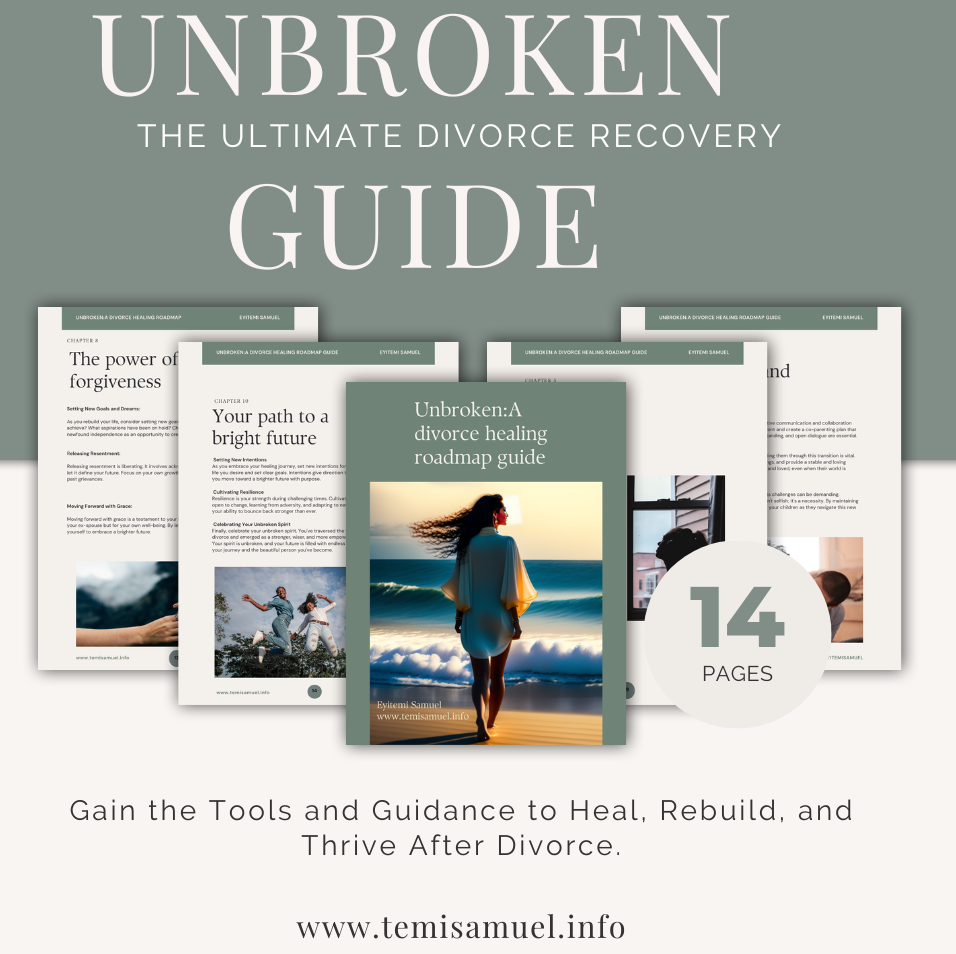Surviving cancer is about finding a way to adapt to a new reality, which presents an emotional burden that many aren’t prepared for. In fact, navigating this new lease on life can be just as challenging as treatment.
It becomes very real, very fast, that although there’s recovery, there will be no going back. Reclaiming a life that feels deeply fulfilling relies on acknowledging the struggle, and addressing it head-on.


Healing Beyond Treatment
The realm of cancer treatment concentrates on eliminating the disease, with little to no attention given to helping patients prepare for what comes next. Although resources are available, it’s often the case that patients are too focused on survival to get into that part.
Once treatment ends, they then find themselves grappling with emotions they never saw coming, and it poses a whole set of new challenges.
Common Emotional Challenges in Cancer Recovery
- Shame Survivors don’t know how to share feeling bad in a way that others will understand, and don’t quite know why they’re feeling bad in the first place. This can be isolating and lonely when family and friends are happy and celebrating.
- Fear of Recurrence The worry that the cancer might come back could lead to persistent anxiety, which can hinder people from moving on. Cancer survivors are often hyper-vigilant of every ache and pain, finding it hard to just be in the present moment.
- Survivor’s Guilt The emotional burden of surviving something that so many people don’t is a difficult one to shake. Many feel unworthy and struggle to embrace life to the full, as if it would dishonor those lost to cancer.
- Identity Crisis Being defined by a disease for any length of time makes learning to live as someone apart from illness an almost insurmountable task. Many survivors only succeed at this with the help of therapy.
- Body Image Issues Reminders of cancer, like weight loss, scars, and hair loss could cause survivors to develop a disconnect between mind and body. This impacts confidence levels, which makes maintaining relationships difficult.
- Depression Feeling isolated, lonely, and misunderstood all add to the melting pot of emotions for a cancer survivor. According to the American Cancer Society, one in four people who have or had cancer will experience depression.
Living with the Effects of Treatment Complications
For some cancer survivors, the challenges don’t end when treatment does. Unfortunately, complications from surgical procedures or medical devices are an all too real probability. The emotional and psychological distress caused by this makes it even harder to regain a sense of normalcy in recovery.
For example, the Bard Power Port lawsuit has raised awareness about the reliability of chemotherapy catheters. It highlighted serious risks some patients faced after implantation, serving as a reminder of how important it is to stay informed of potential upsets during and after treatment.
TorHoerman Law reinforces the importance of understanding potential complications and risks during treatment. They’ve seen how something as simple as having access to the right resources can empower cancer survivors to take a proactive role in their recovery.
Prolonged medical issues delay moving forward, and some survivors have to live with unexpected setbacks, physical discomfort, and the added anxiety it all brings. Here are a few practical steps to help on this journey:
- Keep detailed records of all medications, treatments, and medical devices used
- Address lingering symptoms with a healthcare provider immediately
- Seek mental health support and practice mindful stress management
- Build a support network by connecting with other survivors
- Stay informed about post-treatment care, potential health risks, and medical device safety
Coping Strategies for Emotional Well-Being
According to the Centers for Disease Control and Prevention (CDC), cancer survivors who seek out emotional support have better long-term health outcomes. But rebuilding resilience and general well-being relies on a structured approach.
- Therapy and Counseling Mental health professionals provide guidance and help to process the trauma of surviving cancer. They can also be invaluable coaches when it comes to adjusting to life after treatment.
- Support Groups Connecting with others who have been through a similar experience reduces feelings of loneliness and isolation.
- Relaxation Techniques Journaling, breathing exercises, and meditation go a long way in healthy management of stress and anxiety.
- Creative Outlets Art, music, dance, and writing are all great ways to express emotions that are difficult to process.
Finding Strength in Recovery
Surviving cancer isn’t just about remission. It’s about reclaiming the vitality of life and embracing the rare second chance that’s been given. With the right strategies and support, survivors are able to rebuild from the inside out, moving forward in a way that’s meaningful.
Follow Deep Psychology and join tens of thousands
of like-minded people today.


